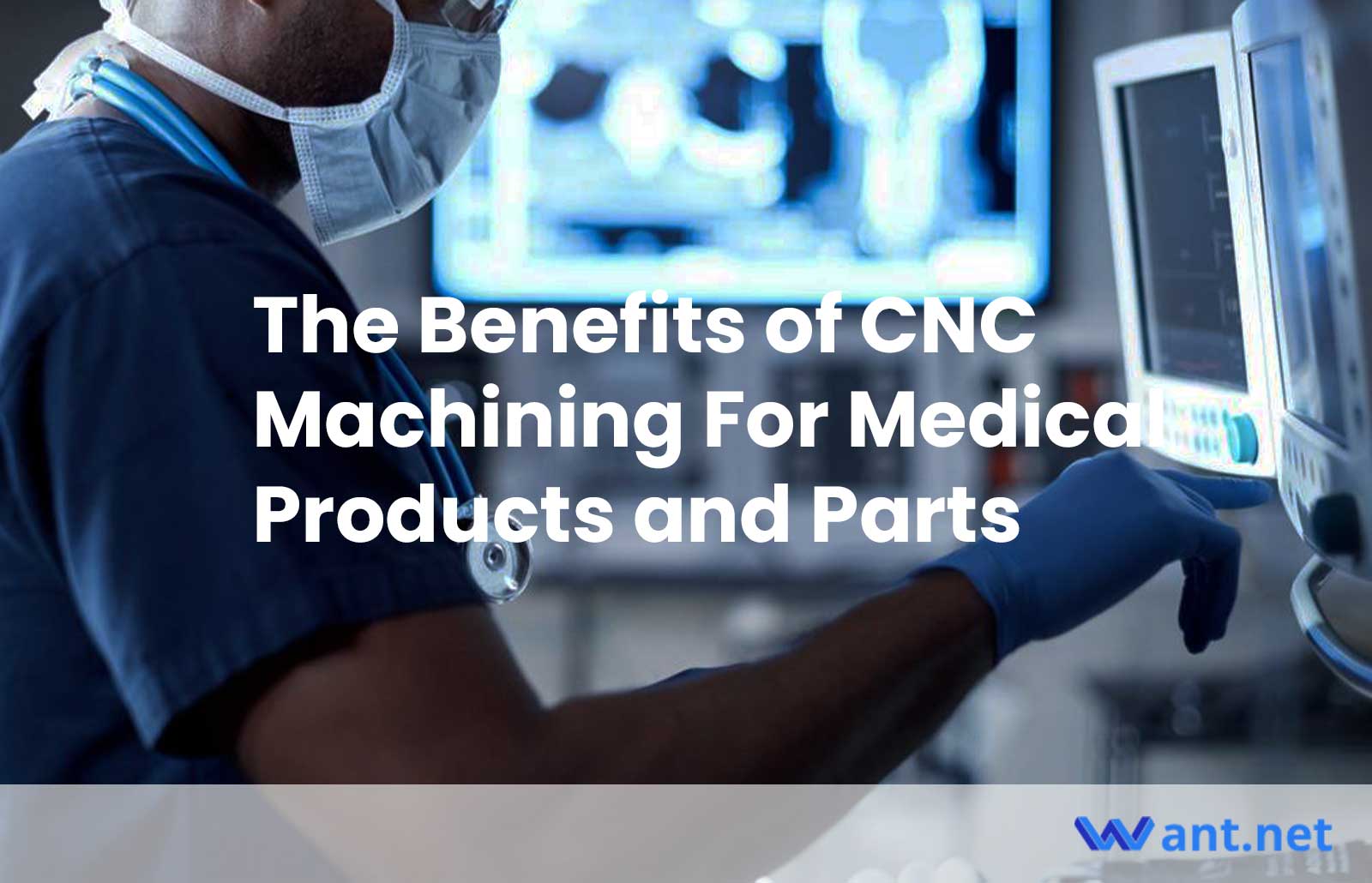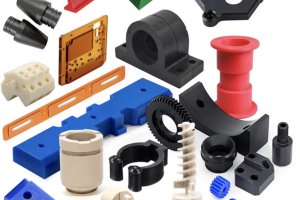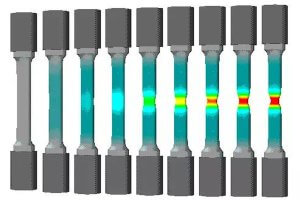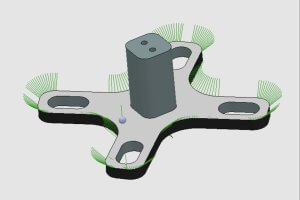CNC machining is one of the most flexible of all traditional manufacturing processes. It’s versatile in terms of the parts that can be manufactured, as well as the materials they can be made from, and the volume of the products.
For medical products, parts can be manufactured using conventional CNC milling and turning easily and at a lower cost without compromising the accuracy or precision of each component. In this post, we will discuss the benefits CNC machining can offer for medical product development. If you are an insider of the medical industry or planning to develop a new medical product, this post is worth reading.
No Fixed Tooling is Required for CNC Machining
A dedicated mold tool for plastic injection molding can be made and machined in 3-4 weeks. This includes making the mold, as well as approving samples and optimizing molding parameters. For larger orders, this extra production time and development costs is perfectly acceptable. For small runs, or for one-off parts it is hard to beat CNC machining. It allows for fast turnaround and minimal investment. Parts in the medical industry often require parts to be manufactured quickly and in small quantities. CNC machining allows parts to be manufactured without the use of specialized tools, which can increase production times. CNC machines can be used even without the need for tooling. They offer great quality and precision.
Medical Devices Are Not Subject to Volume Restrictions
After a digital file is created, it’s possible to quickly generate a cutting program based on that file. The coding program can be used to create a single or multiple parts with just a few clicks. This is an advantage for making a one-off or custom parts, which is often the case with highly specialized medical devices, equipment, prosthetics and other surgical products. Some processes require minimum order volumes for the machining manufacturer to obtain the raw materials. This might make certain projects impossible. But with CNC machining, this is not a problem as there are no volume restrictions.
CNC Machining Can Be Used with Many Materials
With a few exceptions to this rule, standard CNC machines can work with most rigid materials for medical or surgical tools, appliances, and parts. These materials include stainless steel, aluminum and titanium as well as engineering-grade plastics such PEEK.
CNC Machining Makes Parts and Components Quickly
Converting a digital CAD file into a finished product can takes a long time. But CNC machining might be able to do this in a matter of hours, depending on the complexity of the parts. There are many medical emergency issue in the medical industry. It is often difficult or impossible to know beforehand what parts or components might be required at any given moment. Think about the huge shortage of PPE due to the unexpected outbreak of COVID-19. To deal with these issue, CNC machining is still the best choice as it’s a quick and efficient way to produce quality parts for medical emergencies.
CNC Machines Can Be Both Portable and Local
When manufacturing is centralized, large industrial CNC machines can take up much of a factory’s floor space. There are often very good reasons.
There are small, portable CNC machines that fit onto a desktop. Although they may not have the same capacity as larger CNC machines, they can still make and machining simple, precise parts such as fixtures, fixtures, jigs and other medical or surgical components. These machines are extremely useful in the medical industry as they eliminate the need for searching for the closest production facility. They are small and require very little power to produce, making them ideal for rural areas that don’t have full-service hospitals.
The Tolerances of CNC-machined Parts Are Very Tight
High-tech medical devices often require tight tolerances. These tolerances are easy to achieve with high-quality CNC machines. Most surface finishes require little post-processing. While this saves money and time, it is not the most important issue. Medical devices, products and equipment must be suitable for their intended purpose. Any deviation from specifications could lead to disaster in the medical industry. Digital machining is precise and accurate, which reduces this risk and produces high-quality parts.
Digital CAD Files Can Be Moved and Modified Easily
Digital manufacturing and machining allows product designers, medical professionals, and manufacturing professionals transfer digital programs quickly and easily from one place to the next. This technology greatly improves CNC machining’s ability to produce high-quality medical devices and equipment solutions wherever they are most needed, regardless of geographical location. This is a very important component of CNC machining, especially when time is critical in medical situations.
Other Articles You Might Enjoy
- What are the requirements for CNC machining of bearing parts?
Bearings are common and important parts in the automotive industry, which can support transmission components and transmit torque. Generally, CNC machining centers are used to process bearing parts. So what…
- Aluminum CNC Machining Service for Custom Parts
Aluminum CNC machining stands at the forefront of modern manufacturing, epitomizing precision, versatility, and efficiency. With its widespread applications across industries ranging from aerospace to automotive and beyond, aluminum CNC…
- Nickel Alloys in CNC Machining: Inconel 718 vs. Monel K-500 for Aerospace and Marine Applications?
Introduction to CNC Machining and Nickel Alloys Computer Numeric Control (CNC) machining is a pivotal process in the manufacturing industry, using pre-programmed computer software to dictate the movement of factory…









